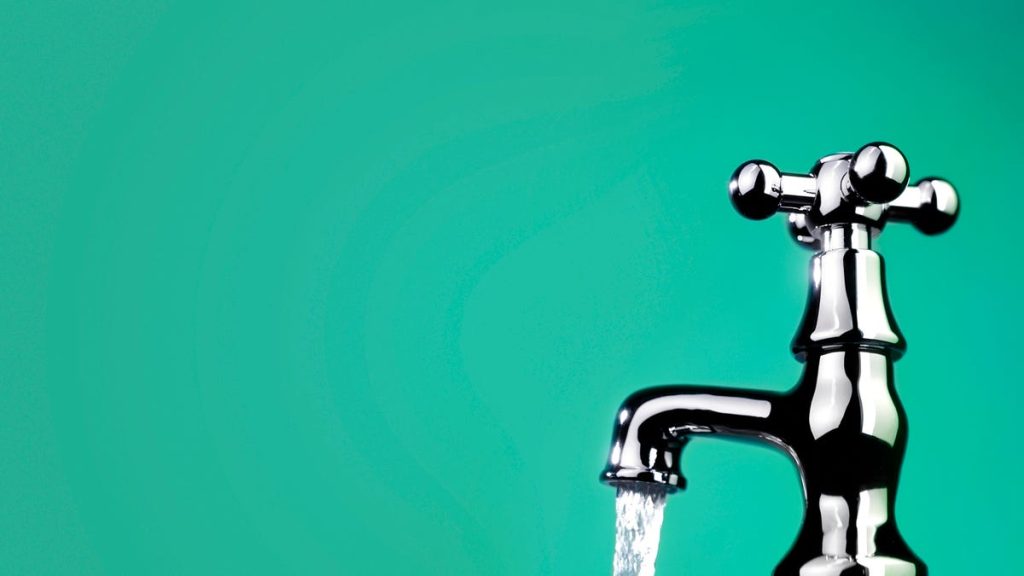During the summer months, utility costs can skyrocket as air conditioners are used to stay cool, leading to high energy bills. Additionally, water bills can increase due to increased showering and outdoor activities. The average American household uses over 300 gallons of water daily, resulting in an average annual cost of $1,000 for water. Adjusting water usage habits can help reduce monthly expenses in the summer, providing additional savings in addition to energy-saving practices like setting thermostats to the right temperature or turning off lights and appliances.
One way to save money on water bills is to search for leaks around the house, such as toilets, sinks, dishwashers, and washing machines. Addressing leaks promptly can prevent unnecessary costs on water bills. Installing smart leak sensors can help detect future leaks. Making faucets more efficient by adding aerators or replacing old faucets with WaterSense-certified models can save water and money. Low-flow toilets and adding a weighted plastic bottle to the toilet tank are also cost-effective ways to reduce water usage.
Running full loads in the dishwasher is more water-efficient than handwashing dishes, especially with Energy Star dishwashers that can save up to 5,000 gallons of water per year. Skipping prerinsing can save an additional 6,000 gallons of water annually. Switching shower habits to shorter showers and installing water-efficient showerheads can lead to substantial water savings. Avoiding baths and opting for showers can also help save money on water bills. Conserving water through these small changes can significantly impact water usage and expenses.
There are various ways to save on electric bills, such as adjusting thermostat settings, using energy-efficient appliances, and sealing gaps in windows and doors. Installing ceiling fans, using smart power strips, and using natural light can also contribute to energy savings. While upgrading appliances to Energy Star models can be an initial investment, they can lead to long-term savings by reducing energy consumption. Checking insulation in the attic and walls, as well as maintaining heating and cooling systems, can improve energy efficiency in the home. Small changes, such as turning off lights and unplugging appliances when not in use, can also make a significant difference in energy consumption.
In addition to reducing water and energy usage, these small changes can add up to significant savings over time. By implementing cost-effective measures like fixing leaks, using efficient appliances, and changing habits, households can reduce utility costs and contribute to environmental sustainability. Taking steps to conserve resources and minimize waste not only benefits personal finances but also helps to create a more sustainable future for all. By making sustainable choices in daily habits and utilizing energy-efficient technologies, individuals can make a positive impact on both their wallets and the environment.


